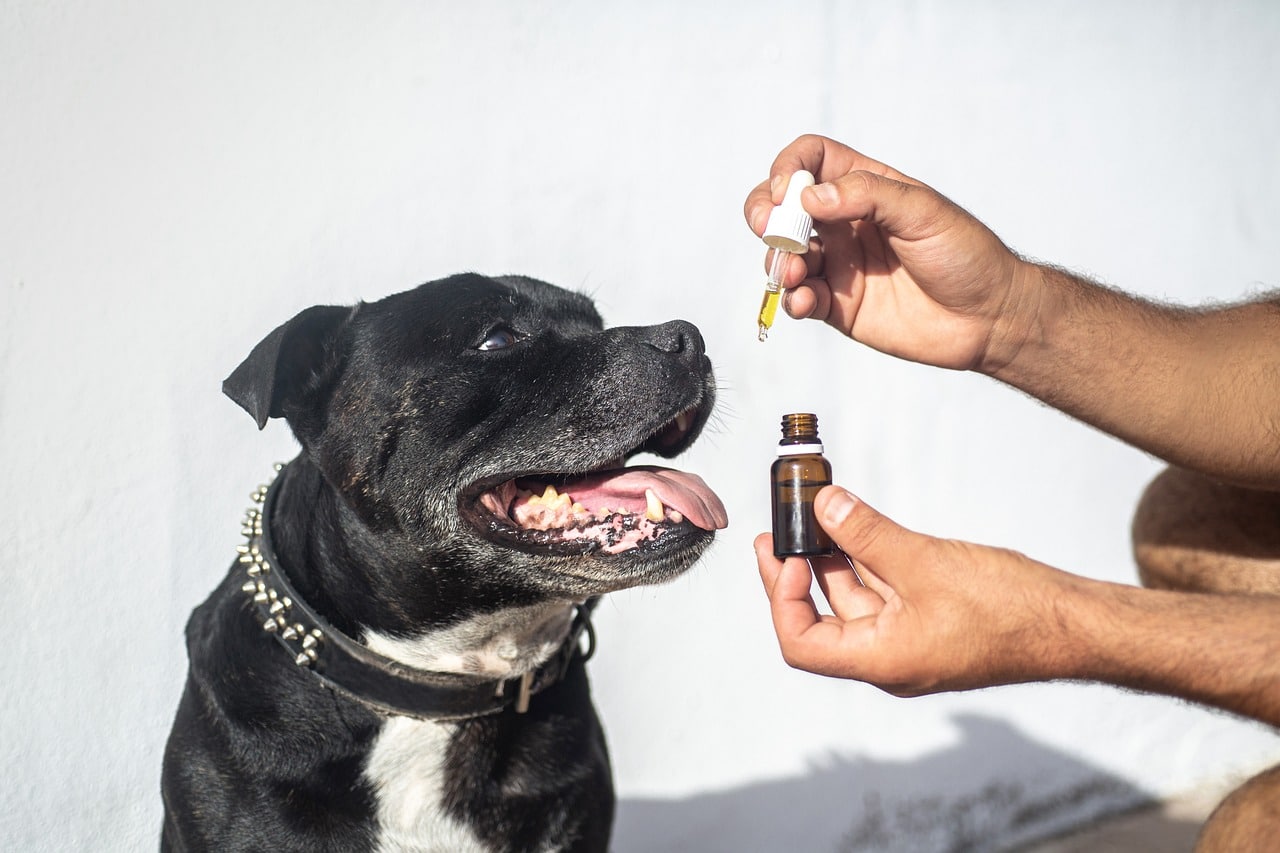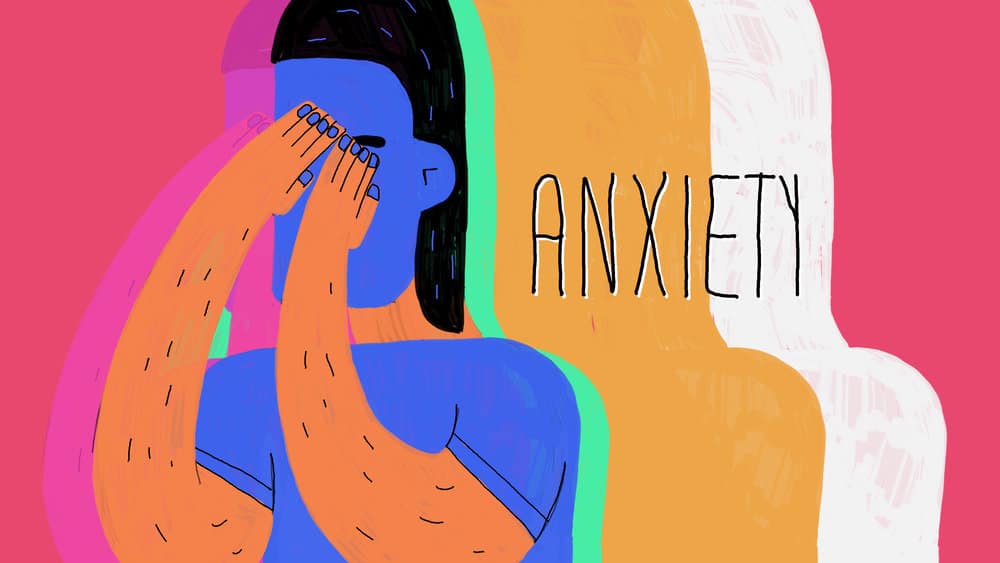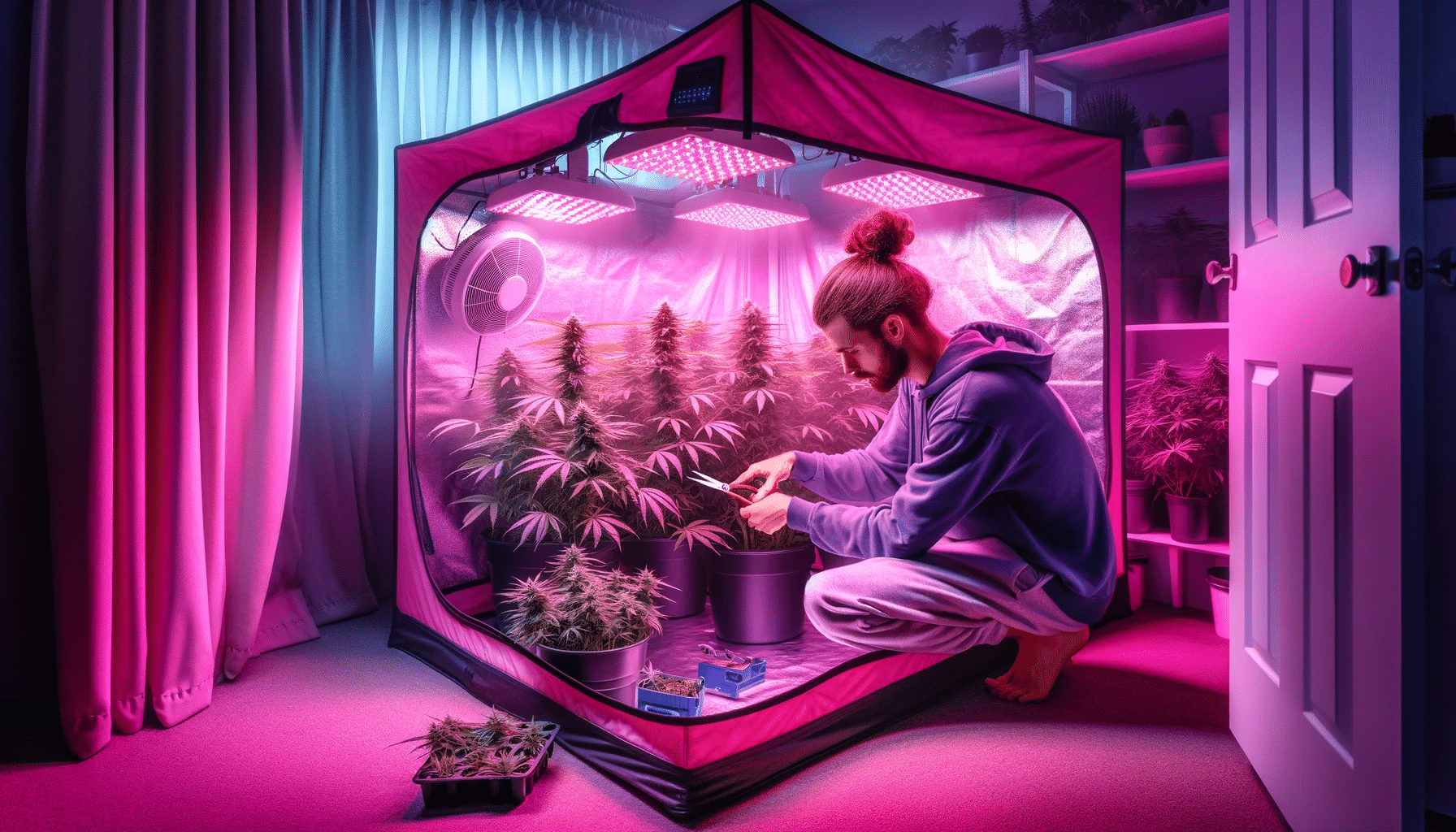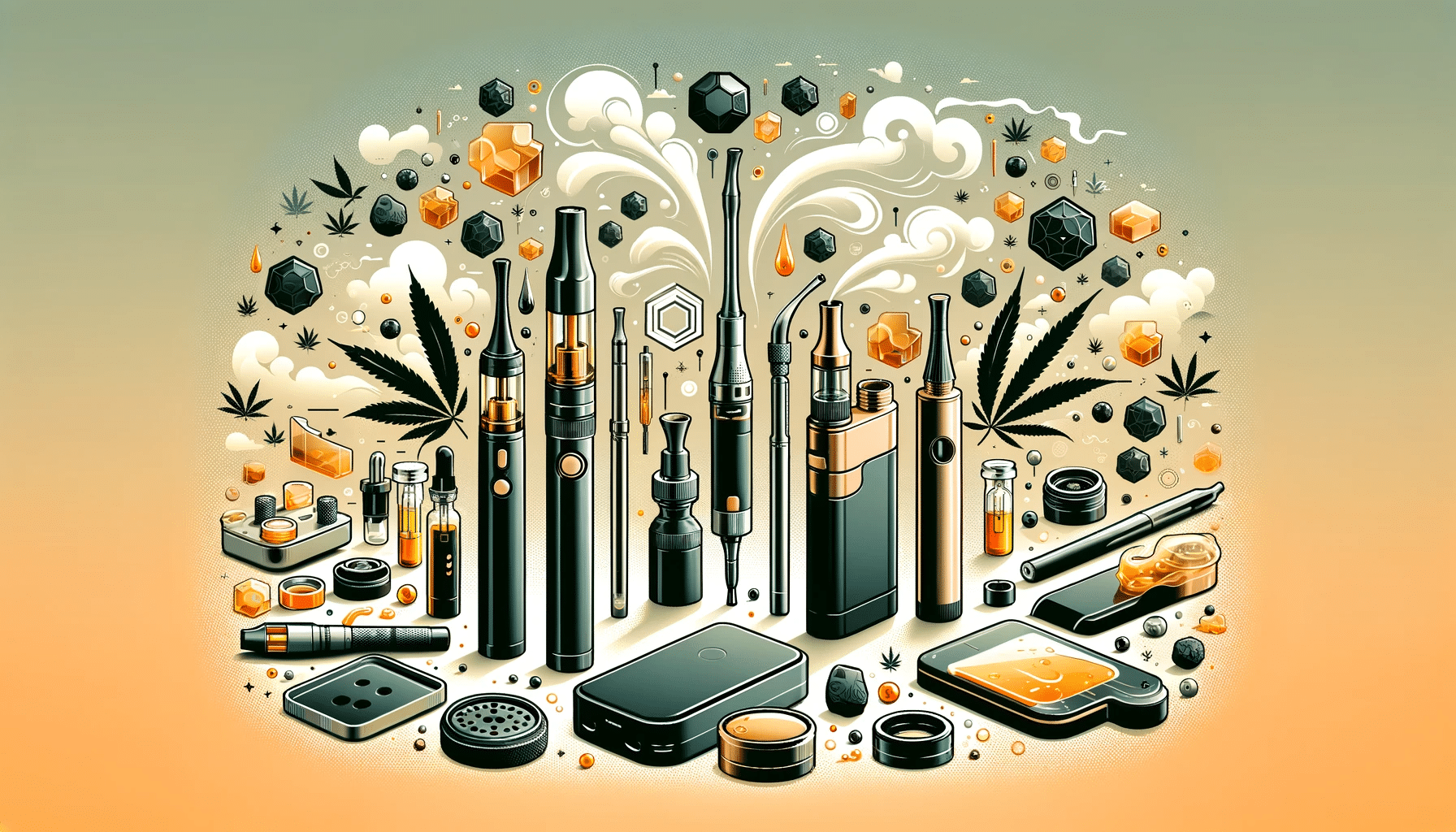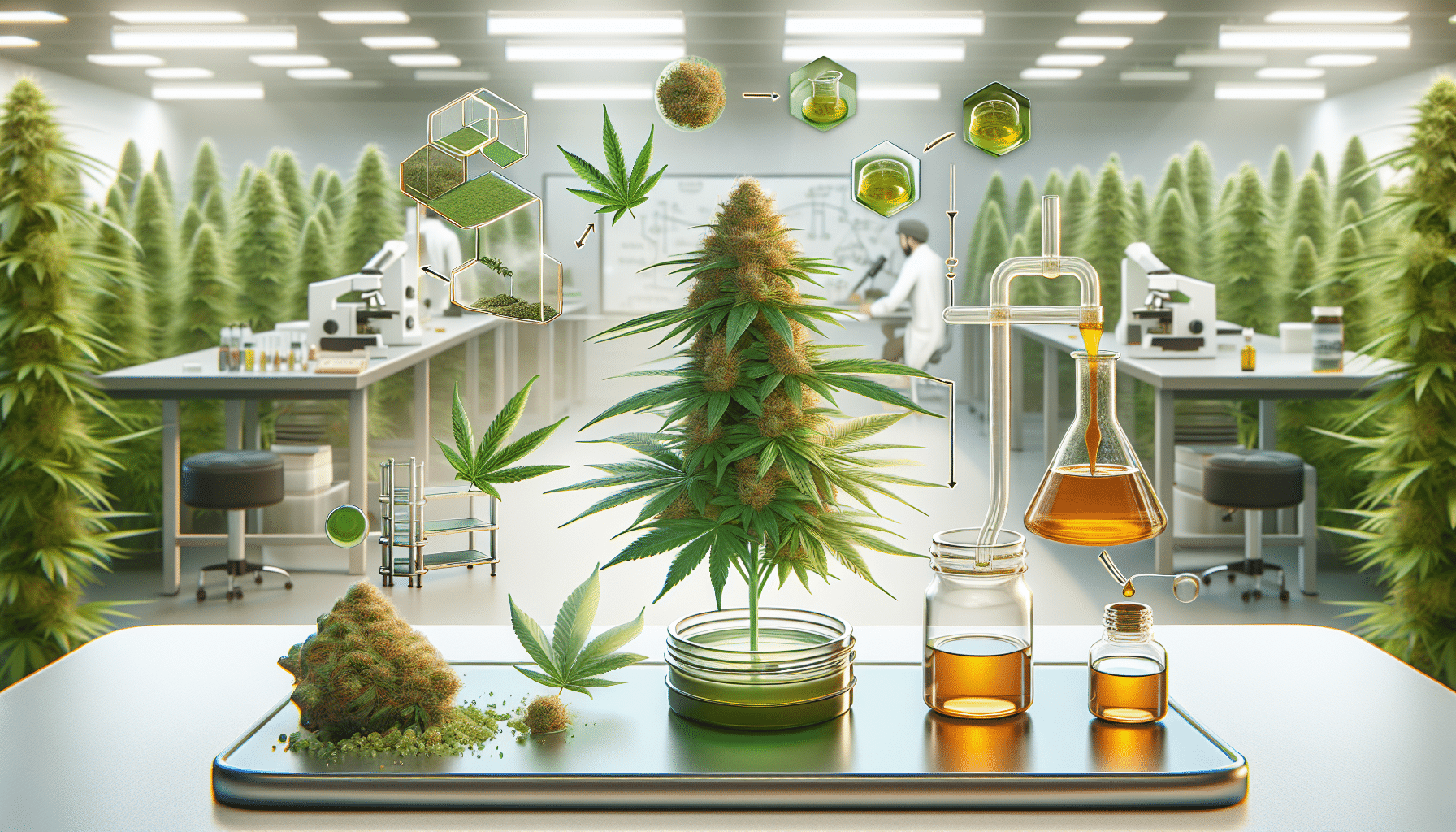THC

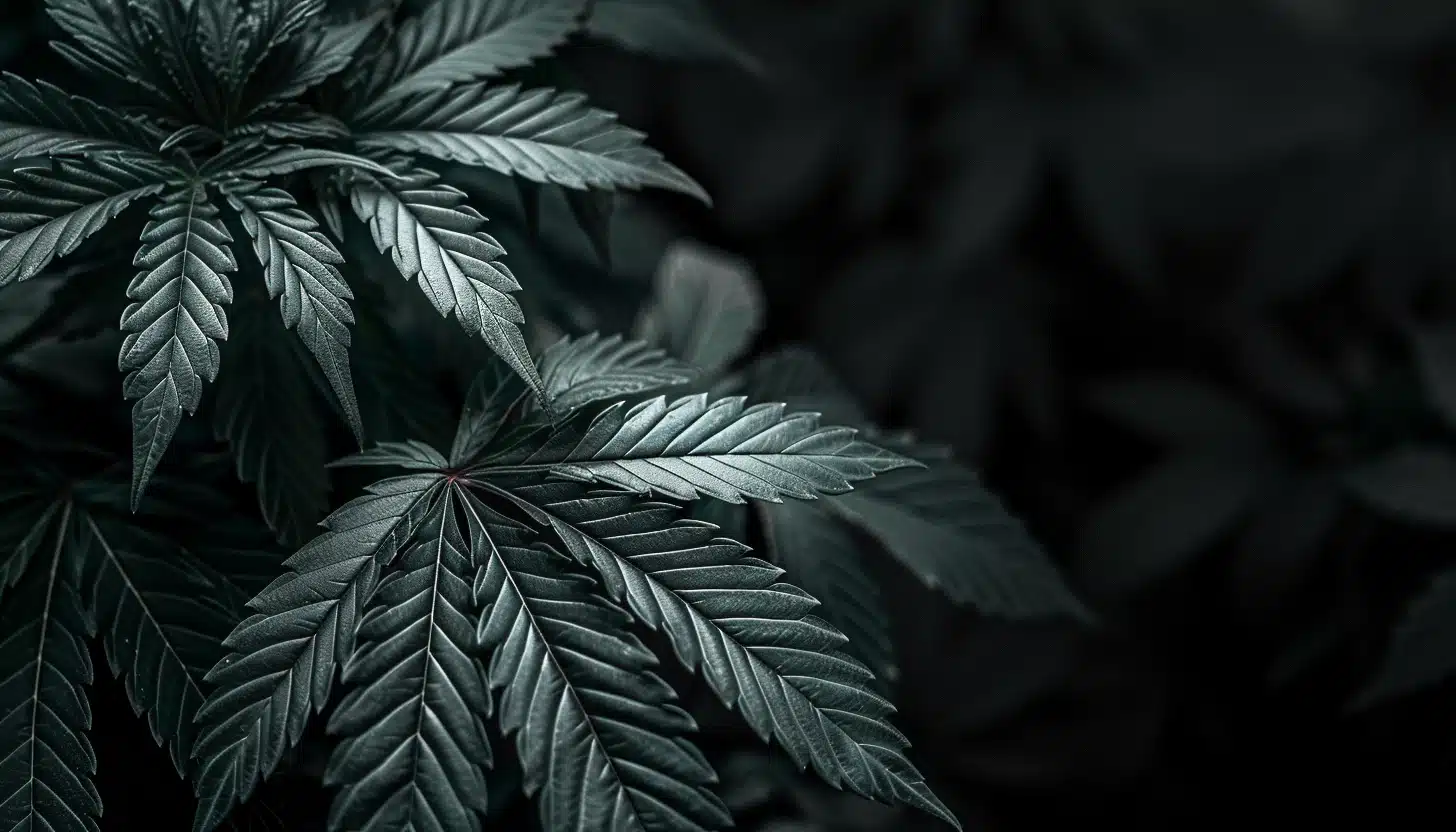
What is thc?


THC, short for delta-9-tetrahydrocannabinol, is a psychoactive compound found in cannabis. It is responsible for the euphoric and mind-altering effects commonly associated with marijuana use. THC interacts with cannabinoid receptors in the brain, which leads to various effects on mood, memory, coordination, and perception. It is one of the many cannabinoids present in the cannabis plant, along with CBD (cannabidiol) and others. THC potency can vary between different strains and products, and it is typically measured as a percentage. It is important to note that THC is still classified as a controlled substance in many parts of the world and its use may be subject to legal restrictions.
How long does thc stay in system?


THC, the psychoactive compound in cannabis, can stay in the system for varying durations depending on several factors. These include frequency and intensity of use, metabolism, body composition, and the sensitivity of drug tests. Generally, THC can be detected in urine for up to 30 days after heavy or chronic use. In blood, THC is typically detectable for a few hours to a few days. Hair follicle tests can detect THC for up to 90 days. It's important to note that individual results may vary, and these are general guidelines. To accurately determine the presence of THC in the system, it is best to consult with a healthcare professional or testing facility.
How long does thc stay in your hair?


THC can be detected in hair follicles for a longer period compared to other drug tests. The metabolites of THC can remain in the hair shaft for up to 90 days after cannabis use. However, it's important to note that the detection window can vary depending on factors such as individual metabolism, frequency of use, and hair growth rate. Hair tests are typically used for detecting long-term cannabis use rather than recent use. It's crucial to consult with a medical professional or drug testing expert for accurate information regarding THC detection in hair.
How to get thc out of your system fast?


To quickly eliminate THC from your system, there are a few strategies you can try. First, increase your water intake to help flush out toxins. Engaging in regular exercise can also help burn fat cells that store THC metabolites. Additionally, consider consuming foods rich in fiber, which can aid in digestion and elimination. Some individuals may explore detoxification products or kits, but their effectiveness varies. It's important to note that these methods may not guarantee immediate results and should be approached with caution. Ultimately, the best approach is to abstain from cannabis use to allow your body time to naturally metabolize and eliminate THC.
How long does thc stay in hair follicles?


THC, the psychoactive compound in cannabis, can be detected in hair follicles for a significant period of time. Hair follicle tests can detect THC for up to 90 days after cannabis use, depending on various factors such as frequency of use and hair growth rate. During this period, THC metabolites become embedded in the hair shaft and can be detected through specialized testing methods. It's important to note that hair follicle tests are highly sensitive and can provide a longer detection window compared to other drug testing methods. It's always advisable to abstain from cannabis use if you anticipate undergoing a hair follicle test in the near future.
How long does thc stay in your blood?


THC, the psychoactive compound found in cannabis, can stay in your blood for varying periods depending on several factors. The duration of THC presence in blood can be influenced by factors such as frequency and intensity of use, metabolism, body fat percentage, and hydration levels. In general, THC can be detected in blood tests for up to a few days to a few weeks after cannabis use. However, it's important to note that individual results may vary. If you have concerns about THC detection in your blood, it's best to consult with a healthcare professional for personalized advice.
How long does thc stay in your pee reddit?


THC, the psychoactive compound found in cannabis, can be detected in urine for varying lengths of time depending on several factors. Factors that influence how long THC stays in urine include frequency and intensity of use, metabolism, body fat percentage, and hydration levels. Generally, THC can be detectable in urine for up to 30 days in heavy users. However, for occasional users, THC is typically eliminated within a few days to a week. It is important to note that individual results may vary, and this is just a general guideline. For more accurate information, it is recommended to consult a medical professional or refer to reliable resources.
How long does thc stay in urine overweight?


THC, the psychoactive compound in cannabis, can be detected in urine for varying lengths of time depending on several factors. One important factor is body weight. THC is fat-soluble, meaning it can be stored in fat cells. Therefore, individuals with higher body fat percentages may retain THC metabolites for longer periods compared to those with lower body fat percentages. However, it's important to note that the duration of THC detection in urine is influenced by various factors, including frequency of use, metabolism, and hydration levels. It is always recommended to consult with a healthcare professional for personalized information and guidance regarding drug testing and cannabis use.

